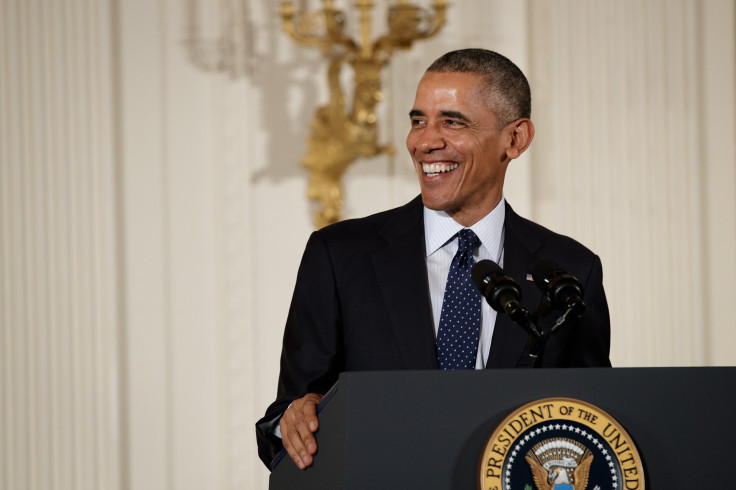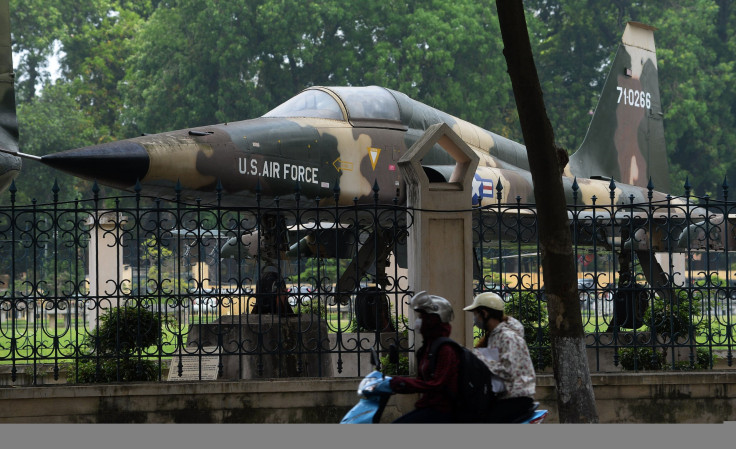Vietnam Arms Embargo To Be Removed? Weapons, China On Agenda For Obama’s Visit

U.S. President Barack Obama is set to visit Vietnam Monday, his first visit to the country that the U.S. fought a long and protracted war with during the 1960s and 1970s. Removal of an arms embargo, imposed during wartime, and China are expected to be main topics of discussion between Obama and leaders of the Southeast Asian country.
The Vietnam War (1954-1975) remains one of the most controversial and long-running foreign policy decisions in recent U.S. history. According to government documents, the cost of the war between 1965 and 1975 was $61 billion for the U.S., not including the human costs involved. At its peak, spending on defense was 9.5 percent of the country's gross domestic product.
The U.S. lifted its 30-year trade embargo on Vietnam in 1994 after the Southeast Asian country's ruling communist party adopted a new constitution allowing certain economic freedoms. Diplomatic relations between the two countries were restored the following year. In a historic move on defense issues, The Obama administration is reportedly considering removing the ban on the sale of arms to Vietnam.

China’s growing militarization in the South China Sea has been of great concern to both Vietnam and U.S., and the lifting of the arms embargo will increase the former’s capabilities in combating any aggression. China has reportedly built artificial islands atop reefs in the region which are also claimed by Vietnam as well as other countries in the region. The removal of the ban will enable the U.S. to sell more maritime surveillance technology to Vietnam, an area where China is far ahead of its neighbors.
Human rights groups, however, were alarmed at the expected removal of this ban, given Vietnam’s record on individual freedoms.
Brad Adams, Asia director for Human Rights Watch, said, “President Obama is making this trip to deepen relations with Vietnam, but this must be based on a foundation of respect for basic rights. He should start by calling for the right of all people to stand for election, voice critical views of government, associate with others, and freely choose candidates — something Vietnam's current rulers have yet to allow.”
A week ago, China said normalized U.S.-Vietnam ties should benefit regional ties as well. The Chinese Foreign Ministry spokesman Lu Kang said, “From the Chinese government’s point of view, we are happy to see Vietnam develop normal relations with the relevant country. We also hope this relationship can benefit regional peace, stability and prosperity.”
© Copyright IBTimes 2024. All rights reserved.












